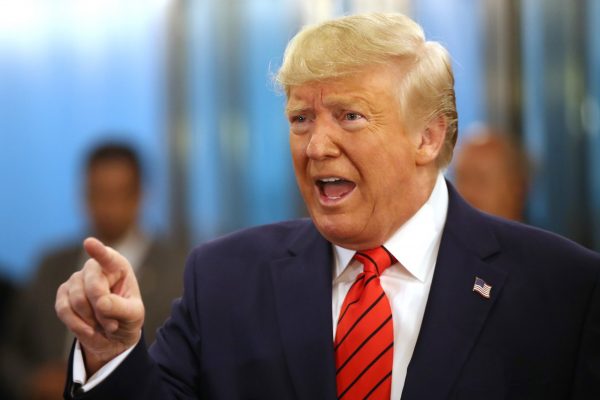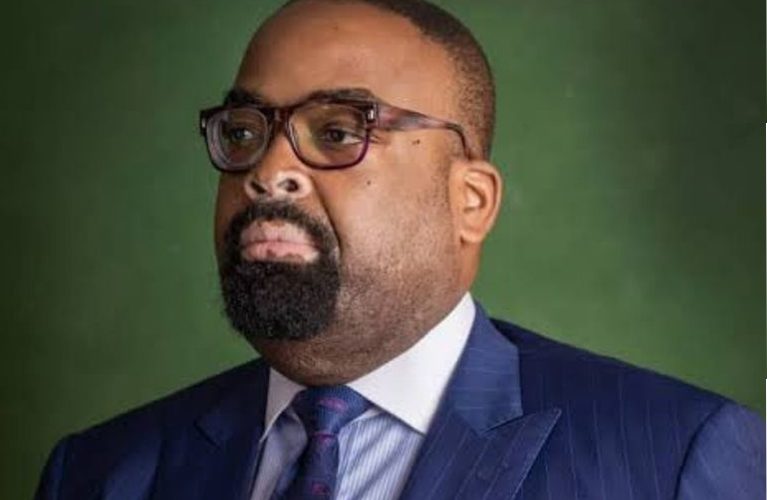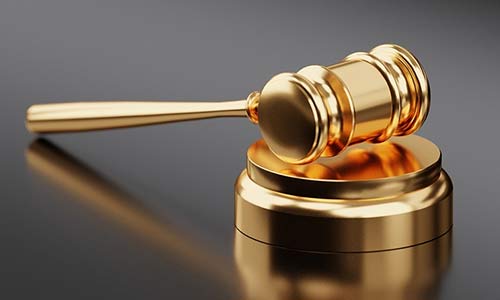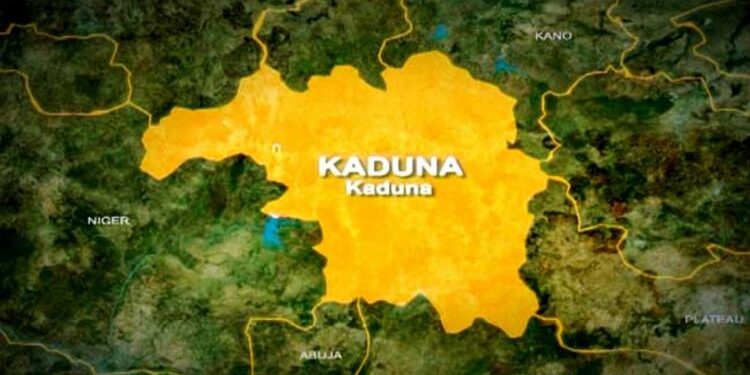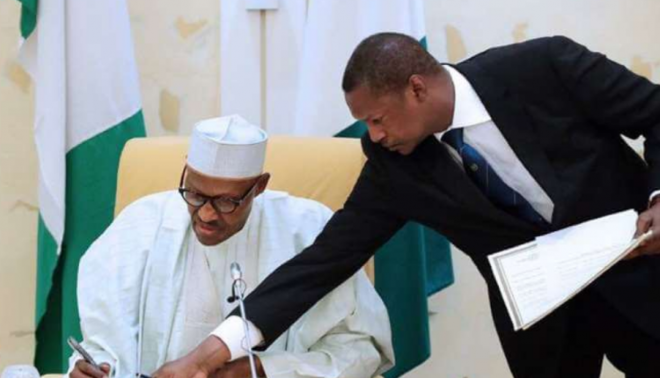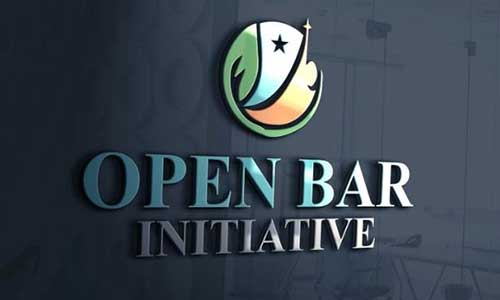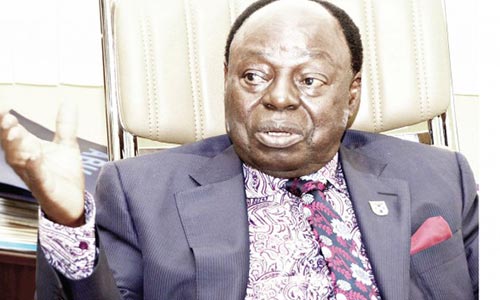On 3 November 2020, Americans will go to the polls. The two leading contenders for the office of the President are the incumbent President, Donald J. Trump, and the former Vice President, Joseph R. Biden Jr. Also on the ballot would be 435 seats in the US House of Representatives, 35 of the 100 seats of the US Senate, 11 governorship seats and numerous other state and local elections.
Even with the perception that the American form of democracy and electoral process is not perfect, yet there are some lessons Nigerians can learn from the ongoing political process in the United States. These are lessons that if adopted, will improve our elections, impact positively on the entire political process and ultimately lead to good governance and development.
Politics of ideology reigns supreme in the US. A candidate’s dominant ideology must be in line with the core overarching party ideology. In most cases, there is clarity regarding a candidate’s stance on significant issues in line with party ideology.
A Republican, for example, is likely to stand for lower taxes, free market capitalism, deregulation of corporations and restrictions on labour unions.
On the other hand, the Democrats support social equality, higher taxes for big business and tax break for families, protection of the environment, egalitarianism, the strengthening of the social safety net, voting rights and minority rights, LGTB rights, multiculturalism and religious secularism.
This clear ideology makes it easier for the voter to choose which party that better represents his or her worldview and values and which candidates would likely protect his or her interest. In many primary contests in the US, the candidates strive to demonstrate to the party faithful that he or she most epitomises the party’s principles and ideology. For example, when a contestant served as a legislator, his voting records in the legislature are used as a parameter to judge if he genuinely reflects the ideals of the political party. Although little deviations in some ideological issues may be allowed, most candidates must be in tune with the core ideological stance of the party.
The politics of ideology is lacking in Nigeria. Majority of the voters cannot place where a candidate’s political ideology lies neither do they know where those seeking their votes stand on issues that are critical to them. The cacophony of mudslinging, abuses, arms flexing, name-calling, fake news and misinformation and violence drowns any serious ideological discourse.
This issue breeds politics of opportunism and makes it easier for Nigerian politicians to decamp from one party to another without any compunction or quibble and also makes it difficult for the led to hold the rulers accountable to campaign positions and promises. Instead of fundamental ideologies, parties and candidates play politics of religiosity, ethnicity, and the latest is ‘stomach infrastructure’, a veiled term for money politics.
The first two concepts (religion and ethnicity) often determine who runs for office, with whom and unfortunately the outcome of the elections. Parochialism and mediocrity thrive when meritocracy and moralities are sacrificed on the altar of political bigotry.
Campaign financing is another area Nigeria needs to learn from the US, especially in the areas of individual contributions, disclosure rules and the use of money raised from political campaigns. Every US citizen can donate up to $2,800 per election. This donation can go to a single candidate, multiple candidates or a political party. This type of gift can be significant to a candidate because it constitutes the bulk of campaign funds available to him or her.
For instance, in February 2020, Senator Bennie Sanders, who was running for the Democratic ticket for the office of the President, raised a whopping $46.5m from 2.2 million individual donors. Individual donations to political campaigns aside from connecting the candidate to the electorate, also makes the leader directly accountable to the led, most of whom may have funded his or her ascent to political office.
This vital ingredient is conspicuously lacking in Nigerian elections. It is pertinent to posit that in Nigeria, people do not pay party dues nor make meaningful contributions to the party and candidates of the party. The general attitude is that the party and candidate should provide money to members of the party who sometimes make outrageous demands from the party or candidate for election. Some party members see party politics as an enterprise, and after elections boast of huge money, they made from the polls. Most politicians across all parties in Nigeria think of what they will profit from the party and not what they will do for their parties. Many people see the party as a ‘benefit institution’.
Although not making an excuse for candidates, many resort to moneybags, godfathers, government coffers or special interests to fund their elections often at a high cost to governance and their integrity. The people lose the moral right to ask for accountability and probity when candidates are already indebted to their sponsors and are accountable to them.
In the US, full and transparent disclosure to the electoral commission on funds raised, how much spent and the remaining balance is expected. Candidates fall foul of the law when they use individual donations raised from electioneering campaigns for personal purposes. Candidates must return leftover funds after the election, or carry it over to another contest. This practice engenders confidence in the donors, reassures them and strengthens the entire campaign financing process.
Nigeria is different in this regard. There are usually accusations and recriminations over the application of campaign funds no matter how the funds are raised. INEC is already saddled with huge responsibility and may not be in a position to monitor election campaign financing. The Electoral Offences Commission Bill is the instrument that should cater for this electoral maleficence, but, sadly, it is yet to see the light of the day. Even though the country has other laws guiding campaign financing, it is virtually unheard of in Nigeria that someone is criminally prosecuted and convicted on account of running foul of campaign finance laws.
Even with its fair share of contested and violent elections at some point in the past, one significant attribute in US elections is transparency. It creates the ease with which defeated candidates concede electionvictory to their opponents. In most cases, whenever in the course of tallying of votes a candidate discovers that his opponent has opened an insurmountable lead, he or she usually eats the proverbial humble pie and calls the opponent to congratulate the victor. It brings the contest to an end.
This act is significant and consequential. Aside from reducing tension and limiting or eliminating post-electoral violence, it also helps to enhance post-election unity and togetherness as it brings relief to the victor and accelerates healing for the vanquished. It also helps in development as the victor would focus on governance from the date of winning the election and not be bogged down with needless protests and litigation.
In Nigeria, there is no transparency in the electoral process, and that explains why those who lose elections seldom concede. The electoral flaws give room for discrepancies and challenges to the outcome of the result. Unfortunately, even before elections hold, perception of electoral malpractice is high, and an attitude of a win at all cost pervades the electoral landscape.
It is also sad to note that the judiciary now is included in electoral strategy. Even before the election holds, parties and candidates have started collecting evidence for challenging the result of the election in court. It is, alleged that candidates in power seek the favour of the judges to compromise them before elections. Little wonder some people are worried about the quality of some of the election judgements in election tribunals and courts in Nigeria.
Instituting court cases by those who lose elections is the rule rather than the exception in Nigeria. In some cases (before the Electoral Law was amended to limit the litigation period) these litigations last well into the last days of the tenure of the winner.
It is undeniable that the presidency of Donald Trump has altered American politics and affected the way many people around the world perceive not just the President but the country as a whole. Whether the perception is positive or negative probably depends on which part of the world you find yourself in and what forms your core values and beliefs.
While Trump is very unpopular in much of Western Europe and Asia, he is relatively popular in Nigeria even though he reportedly called Africa ‘shithole’, banned immigration of partners of Nigerians living in the US from Nigeria and is considered as a racist by many black Americans. Many Nigerians support Trump because of his perceived restoration of ‘godly’ values to America, like his more conservative stance on gay and transgender issues in contrast with President Barrack Obama, who irked most Africans by trying to force them to accept gays and lesbians and to protect the rights of all LGBT people.
The upcoming American elections are already showing the ‘Trump Effect.’ General elections in the US have always been a brutal affair. The major political parties often deploy billions of dollars, coupled with aggressive campaigning and massive rallies. There is also mischaracterization of political opponents and utilization of all manner of propaganda and negative advertising to overcome adversaries.
However, under Trump, the President has been accused of stoking the embers of violence that often leads to death and destruction for political gain. President Trump may have also put the integrity of the entire election process in question by railing against the use of Mail-in Ballots necessitated by the COVID-19 Pandemic, claiming that it would lead to massive fraud. He has also declined to commit himself to accept the election results in the event he loses on November 3.
Any comparison between US elections and Nigerian elections must be in context. Most of the issues are both social and cultural vis-a-vis the political culture and history of these countries. America’s democracy is over 400 years, while our mundane democratic experiment was just barely 21 years ago. But the fact remains that sound democratic tenets link to sustainable development in the US, and if Nigeria adopts same, may go in the same direction.
Nigerians seem enchanted with the US presidential elections, and this year’s election has captured our imagination even more. America is split in the middle – dogged conservatism versus rapacious liberalism. With all its imperfections, the US presidential election this year seems exciting. Relax, tighten your seatbelt, “watch, look and learn”.
•Dr Dakuku Peterside ( DAP) is a leadership & organisational development consultant, corporate political strategist and newspaper columnist.

